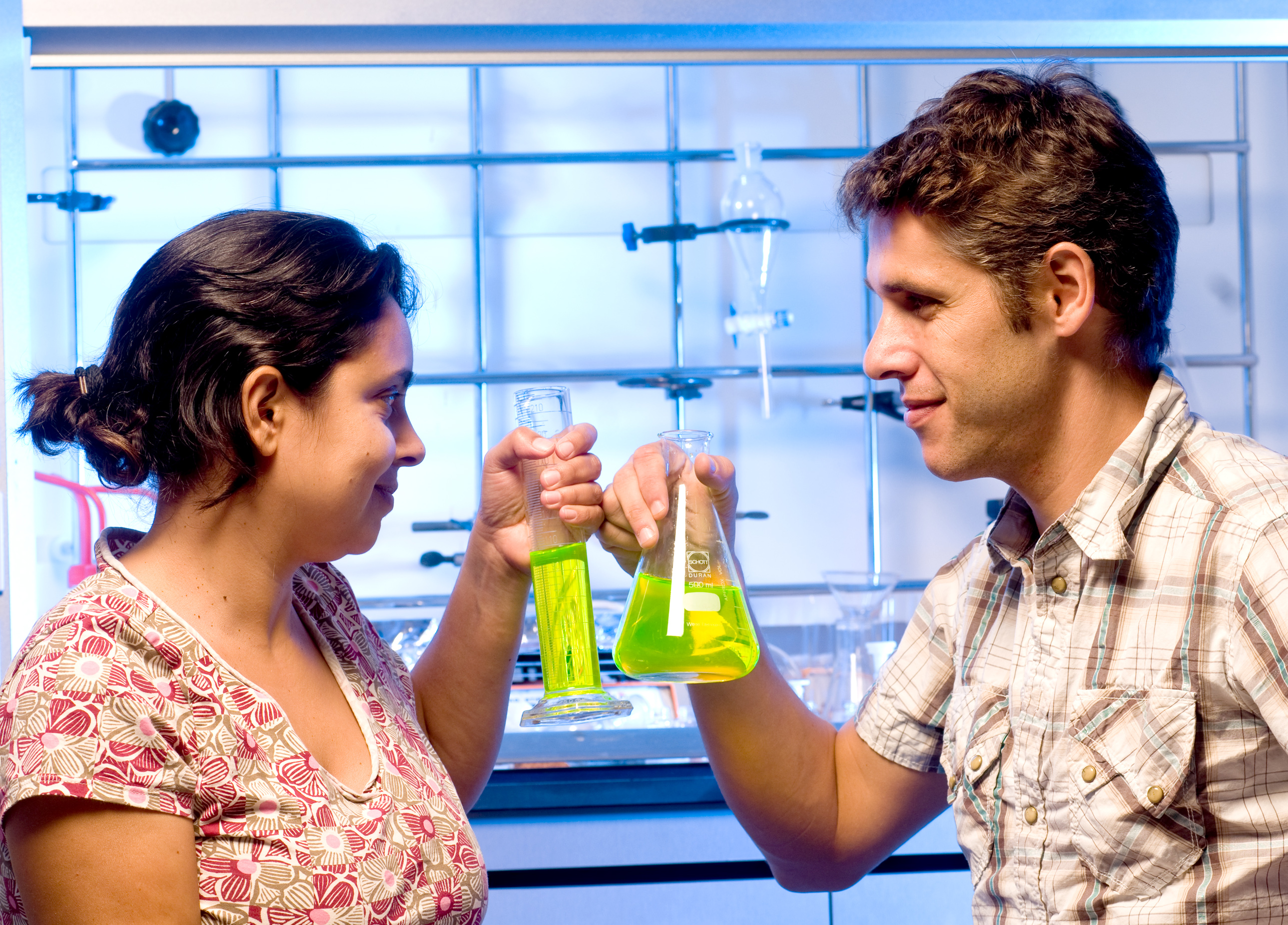Dr. Little Alfonte from the Department of Biotechnology Engineering at Ben-Gurion University of the Negev received a research grant from the European Research Council (ERC-European Research Council), worth 1.4 million euros.

The short name for the project is: Prot-Lego. From the Lego language of proteins: means the production of new building blocks for the protein system which can be likened to Lego building blocks. The advantage of such a cell-free system is, for example, the possibility of using amino acids that are toxic to the living organism, such amino acids can be used in research for the purpose of understanding various physical processes, for example, electron transitions between proteins or to decipher the structure of a protein crystal. Other amino acids are those that cannot cross the living cell membrane, due to their certain properties and therefore were never "selected" in the process of evolution. In a cellless system they will be able to integrate into the protein relatively easily.
The ERC grant is awarded to independent researchers, approximately 3-10 years after receiving the Ph.D. This is a larger grant than any other research grant (usually between 1-1.5 million euros) and is given for five years. The success rates of those applying for the research grant are very low and usually range between 5-10%. Part of the decision to receive the grant is based on the past achievements of the applicant researcher.
It should be noted that Dr. Michael Mailer, Dr. Alfonte's partner and a researcher in the chemistry department at Ben-Gurion University of the Negev, received a similar grant from the ERC ב (1.4 million euros) last year for research on chemical communication between bacteria and eukaryotes. As far as is known, they are the only couple who received the same prestigious grant from the ERC.

One response
Congratulations.
I foresee a great future for this field.
The basic understanding should come in a system without cells
later move to commercial applications
and after an in-depth understanding of many years to integrate in the field of gene therapy.
Congratulations on receiving the award!
Greetings friends,
Ami Bachar